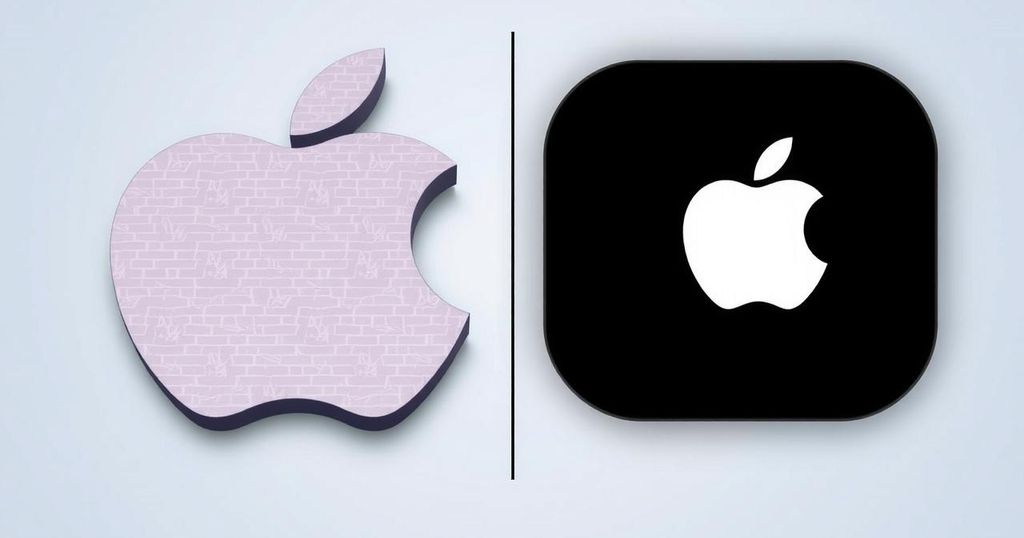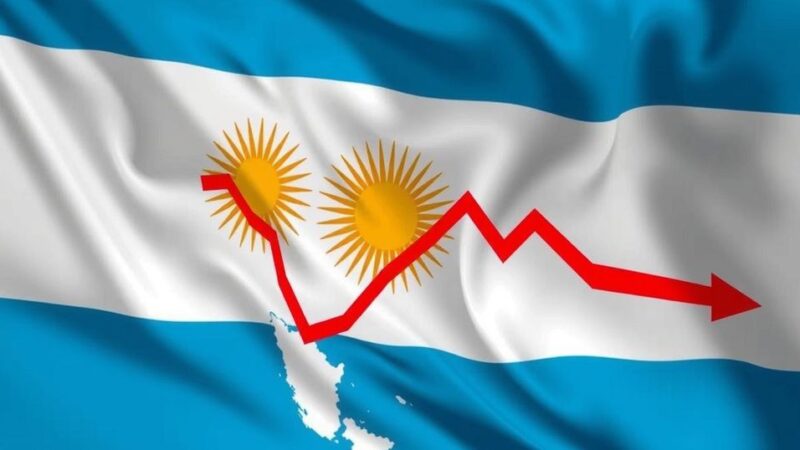The DRC has sued Apple for allegedly using minerals sourced from illegal mining linked to armed conflicts. The complaint centers on 3T minerals and gold, with claims of deceptive supply chain practices. Apple denies these allegations, asserting that it audits its suppliers rigorously. NGOs express skepticism about the efficacy of Apple’s controls over its minerals’ origins. The outcome may influence corporate accountability for conflict minerals.
The Democratic Republic of Congo (DRC) has filed a lawsuit against Apple, alleging the company uses minerals sourced from illegal mining operations that are often controlled by armed groups engaging in serious human rights violations. The complaint, lodged in a criminal court, particularly addresses the use of 3T minerals—tin, tantalum, tungsten—as well as gold, which are linked to conflict in the region. DRC representatives claim Apple’s supply chains are tainted with minerals from conflict zones, and they seek accountability for these unethical practices.
The lawsuit specifically targets subsidiaries in France and Belgium, accused of smuggling Congolese raw materials via Rwanda, and of employing deceptive business practices regarding supply chain transparency. In their defense, Apple firmly rejects these allegations and asserts that they maintain rigorous standards for sourcing minerals, stressing that they do not directly purchase these materials but acquire them from already audited suppliers. According to Apple, their due diligence procedures revealed no indications that their supply chains have financially supported armed groups in the DRC or neighboring countries.
Non-governmental organizations and experts are casting doubt on Apple’s claims, citing instances where gold from the DRC is illegally funneled through other countries before reaching markets. Activists like Emmanuel Umpula from AFREWATCH highlight that the ongoing illegal mining activities fuel continued conflict and human rights abuses, necessitating closer scrutiny of multinational corporations’ supply chains.
In light of this legal action, civil society representatives in the DRC are hopeful that it might lead to greater corporate accountability and improve conditions for communities affected by the ongoing conflict. They emphasize the need for all stakeholders, including government authorities, to uphold their responsibilities in addressing these issues. With the case now in the judicial hands of France and Belgium, the potential for establishing legal precedents for corporate accountability in such matters looms large.
In contrast, a similar case in the U.S. recently failed to hold tech giants accountable for their dependency on child labor in cobalt mining, underscoring the complexity of these issues on a global scale. The DRC’s lawyers are focused on demonstrating that Apple was aware of the origins of its raw materials, a critical aspect that could resonate within the broader context of corporate responsibility regarding conflict minerals.
The Democratic Republic of Congo is known for its rich mineral resources, including valuable commodities like gold and 3T minerals (tin, tantalum, tungsten). Unfortunately, these resources are often linked to illegal mining operations, controlled by various armed groups that commit egregious human rights violations. The company’s engagement with these mining sources has been the subject of increasing scrutiny and legal actions, particularly concerning its supply chain’s ethical integrity. Legal actions against corporations for their role in conflict resources have garnered attention globally, highlighting the need for conscientious consumption and corporate accountability.
In conclusion, the DRC’s lawsuit against Apple underscores the critical need for transparency and ethical sourcing in the global supply chains of technology firms. While Apple maintains its position that its supply chains operate under strict standards, the allegations of malpractice and the historical exploitation of minerals in conflict zones cannot be overlooked. This legal battle may set a significant precedent for corporate accountability and consumer awareness regarding the origins of the materials used in consumer electronics.
Original Source: eastleighvoice.co.ke







